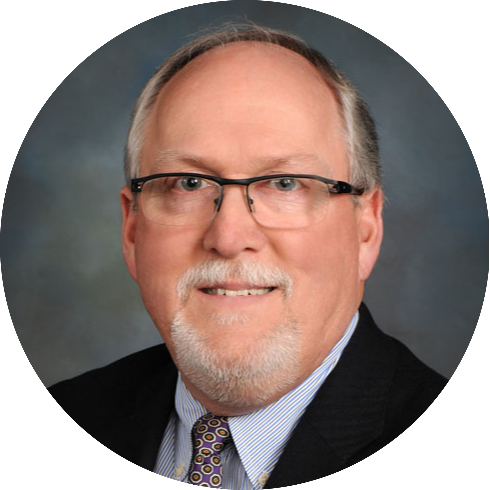By: George Beauregard, DO, Chief Population Health Officer
Accountable: Required or expected to justify actions or decisions; responsible.
– Oxford Dictionaries
My career as an internal medicine physician started in the Boston area in 1992. Like almost all others whose ambitions lead them into health care, I was passionate and deeply committed to providing the best care possible for every patient I encountered.
The practice of medicine was distinctly different then. It was a fee-for-service world, without hospitalists, electronic medical records, telemedicine, accountable care organizations and other positions and systems we are familiar with today. At the hospital and physician practice levels, success was mostly defined by volumes of reimbursable transactions and total revenues for that work.
I really had no easy and reliable way of knowing how many patients with particular chronic illnesses I had, or how successful I was in getting patients toward treatment goals. I had no easy way of tracking patients who needed preventive care, or who frequently missed appointments with me or specialists to whom I had referred them. I did not know which patients were at high risk for developing diabetes, heart disease, or obesity. I did not have evening or weekend hours. I was always available via an answering service.
The early stages of holding physicians accountable came with the emergence of managed care, in the early 1990s. Through contractual relationships with health plans, we were accountable to a medical expense budget without having any insight into how that budget was built nor how future budgets would be calculated. Part of the reimbursement to physicians was withheld and could potentially be earned back based on performance.
The health plans delivered all the services they felt necessary while still controlling utilization and cost, but there was no meaningful interaction with the providers delivering care. Quality measures were conspicuously absent. No meaningful and/or actionable information was shared – providers received retrospective reports, oftentimes more than six months later. Unless my practice included providing care in nursing homes, I had no insight into how my patients in those facilities were doing.
The result of all this was that physicians, although still trying to provide quality care, essentially gave up trying to manage anything. Ultimately, consumer backlash forced the health plans to abandon this approach.
Fast forward to the present, and the advent of advanced analytics, ubiquitous telemedicine platforms, AI-enabled clinical decision support tools, and true managed care. If I were still in practice today, I would know how many of my patients have diabetes and how well they were tracking toward goals. They would have easier access to diabetic educators and endocrinologists. The same capabilities and support would exist for cohorts of patients with heart failure, chronic lung disease, chronic kidney disease, etc. I would be aware of patients whose trajectories were leading to a worsened health status.
I could see how I compare to my peers. I would know which of my patients were deemed to be at high risk for having an unplanned ED visit, admission or readmission, and interventions aimed at preventing those occurrences would occur.
I would have a care manager and a pharmacist available to my practice who would interact with my high-risk patients on a regular basis and support them in a manner that would improve or sustain their health status and confidence in self-management.
Nurse practitioners that I was familiar with would be following and managing my patients who were in skilled nursing or rehabilitation facilities. Advanced analytics would afford me insight into which of my patients with chronic illness are at risk for getting worse, and I would know which patients are at risk for developing a chronic illness. With that insight, I could design specific interventions to slow the development or progression of disease.
Going forward, providers will be held accountable in a greater way for managing the health of populations. Those who manage care the best – accounting for both outcomes and cost – will emerge as the winners. To compete in the value-based world, the key question isn’t how much risk a health provider is willing to take, but rather what tools and support will help to mitigate the risk. SoNE HEALTH is meeting the challenge head on. Our patients deserve nothing less.
 Dr. Beauregard is Chief Population Health Officer at SoNE HEALTH
Dr. Beauregard is Chief Population Health Officer at SoNE HEALTH
 Dr. Beauregard is Chief Population Health Officer at SoNE HEALTH
Dr. Beauregard is Chief Population Health Officer at SoNE HEALTH